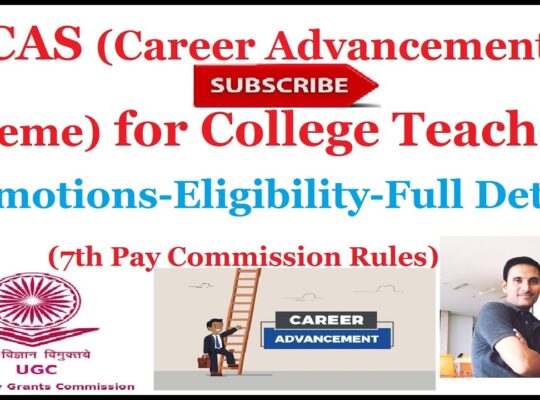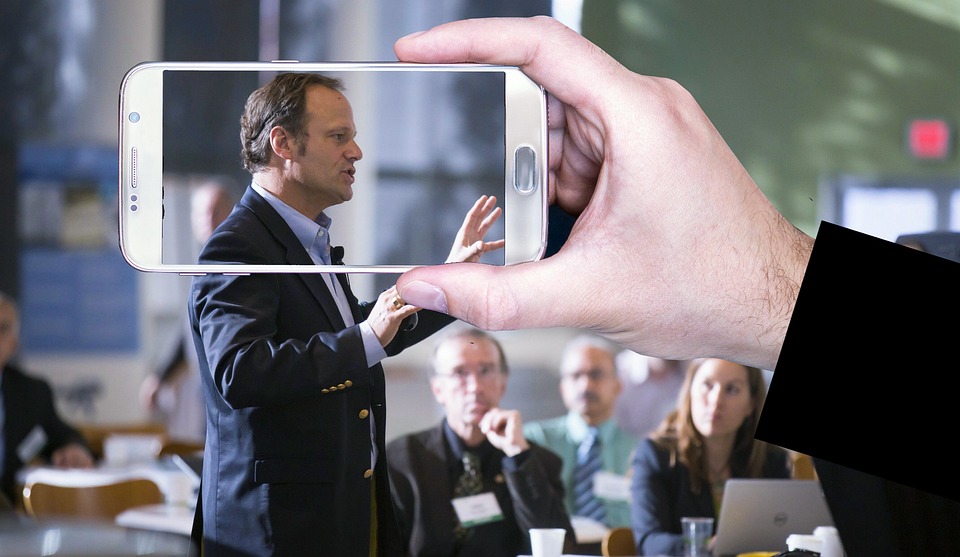In this episode, I explain how the brain engages in creative thinking and, based on that mechanistic understanding, the tools to improve one’s ability to think creatively and innovate in any area. I discuss how convergent and divergent thinking are essential for generating creative ideas and provide three types of meditation tools (open monitoring meditation, focused attention meditation & non-sleep deep rest; NSDR), which improve our ability to engage in these creative thinking patterns in specific and powerful ways. I also discuss how dopamine and mood contribute to the creative process and describe behavioral, nutritional and supplementation-based approaches for increasing dopamine to engage in creative thought and implementation. I explain how movement and storytelling (narrative) approaches can generate novel creative ideas and how substances like alcohol, cannabis, and psilocybin impact our creative ability. Excitingly, creativity is a skill that can be cultivated and enhanced; this episode outlines many tools to help anyone access creativity and apply creative patterns of thought to different domains of life.
#HubermanLab #Creativity #Science
Thank you to our sponsors
AG1 (Athletic Greens): https://athleticgreens.com/huberman
ROKA: https://www.roka.com/huberman
Thesis: https://takethesis.com/huberman
LMNT: https://drinklmnt.com/huberman
InsideTracker: https://www.insidetracker.com/huberman
Supplements from Momentous
https://www.livemomentous.com/huberman
Huberman Lab Premium
https://hubermanlab.com/premium
Social & Website
Instagram: https://www.instagram.com/hubermanlab
Twitter: https://twitter.com/hubermanlab
Facebook: https://www.facebook.com/hubermanlab
TikTok: https://www.tiktok.com/@hubermanlab
LinkedIn: https://www.linkedin.com/in/andrew-huberman
Website: https://hubermanlab.com
Newsletter: https://hubermanlab.com/neural-network
Articles
Open monitoring meditation reduces the involvement of brain regions related to memory function: https://go.nature.com/3V6s6Jt
The (b)link between creativity and dopamine: Spontaneous eye blink rates predict and dissociate divergent and convergent thinking: https://bit.ly/3v3nlWG
Increased dopamine tone during meditation-induced change of consciousness: https://bit.ly/3PJATjC
Exploring the effect of microdosing psychedelics on creativity in an open-label natural setting: https://bit.ly/3FHf3Zv
A new method for training creativity: narrative as an alternative to divergent thinking: https://bit.ly/3FH0chB
More creative through positive mood? Not everyone!: https://bit.ly/3v1tYss
Dopaminergic control of cognitive flexibility in humans and animals: https://bit.ly/3j8vyGd
Other Resources:
10-minute NSDR: https://youtu.be/AKGrmY8OSHM
Timestamps
00:00:00 Creativity
00:04:30 ROKA, Thesis, LMNT, Momentous
00:08:51 What is Creativity?
00:11:16 Creativity in Visual Arts, Escher & Banksy
00:23:37 Neural Circuits of Creativity
00:31:58 AG1 (Athletic Greens)
00:33:13 Creative Ideas & Divergent Thinking
00:42:09 Testing Creative Ideas & Convergent Thinking
00:46:41 Dopamine, Convergent & Divergent Thinking Pathways
00:57:02 InsideTracker
00:58:06 Tool: Open Monitoring Meditation & Divergent Thinking
01:07:38 Tool: Focused Attention Meditation & Convergent Thinking
01:11:06 Mood, Creativity & Dopamine
01:16:00 Tool: Mood Calibrating, Caffeine & Dopamine
01:23:41 Dopamine Supplementation; L-Tyrosine, Caffeine
01:30:15 Tool: Non-Sleep Deep Rest, Mesocortical Dopamine & Divergent Thinking
01:43:13 Serotonin, Psylocibin & Creative Thinking
01:49:13 Alcohol & Autobiographical Scripting; Cannabis
01:52:04 Attention Deficit Hyperactivity Disorder (ADHD) & Creativity
01:54:45 Tool: Movement & Divergent Thinking
02:01:02 Tool: Narratives & Storytelling for Creativity
02:14:47 Zero-Cost Support, YouTube Feedback, Spotify & Apple Reviews, Sponsors, Momentous, Neural Network Newsletter, Social Media
The Huberman Lab podcast is for general informational purposes only and does not constitute the practice of medicine, nursing or other professional health care services, including the giving of medical advice, and no doctor/patient relationship is formed. The use of information on this podcast or materials linked from this podcast is at the user’s own risk. The content of this podcast is not intended to be a substitute for professional medical advice, diagnosis, or treatment. Users should not disregard or delay in obtaining medical advice for any medical condition they may have and should seek the assistance of their health care professionals for any such conditions.
Title Card Photo Credit: Mike Blabac – https://www.blabacphoto.com
source







